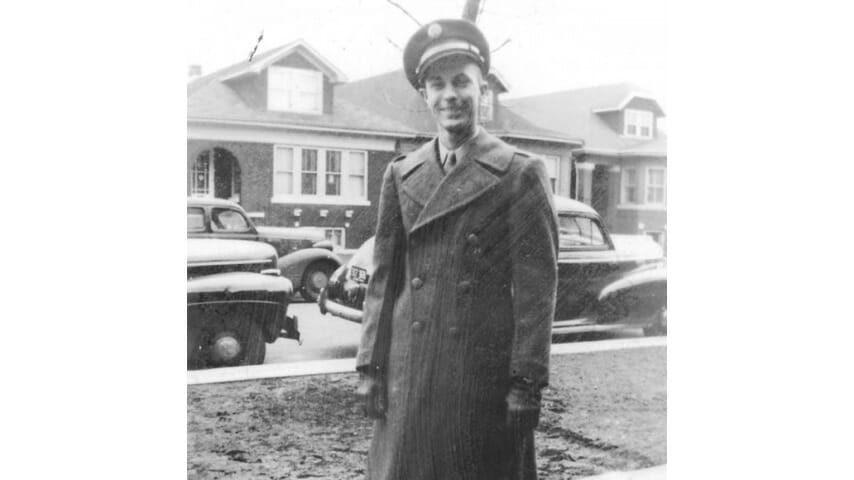Heliotropes: Over There That Way

Heliotropes’ 2013 debut, A Constant Sea, was a dark, messy pleasure. Fronted by Jessica Numsuwankijkul, this all-female Brooklyn quartet seemed to be forging an identity through trial and error. After covering Roky Erickson’s “I Walked with a Zombie” and Nirvana’s “Negative Creep” in their early days, the band arrived at a sludgy attack of fuzzed-out guitars and murky production for its first album, suggesting an unwholesome injection of Black Sabbath into the mix. Amidst rumbling chaos, Numsuwankijkul’s eerily calm vocals appeared to touch on universal subjects like romantic distress, but the sheer force of the sound was so thrilling there was little incentive to figure out for sure what she was talking about.
-

-

-

-

-

-

-

-

-

-

-

-

-

-

-

-

-

-

-

-

-

-

-

-

-

-

-

-

-

-

-

-

-

-

-

-

-

-

-

-








































